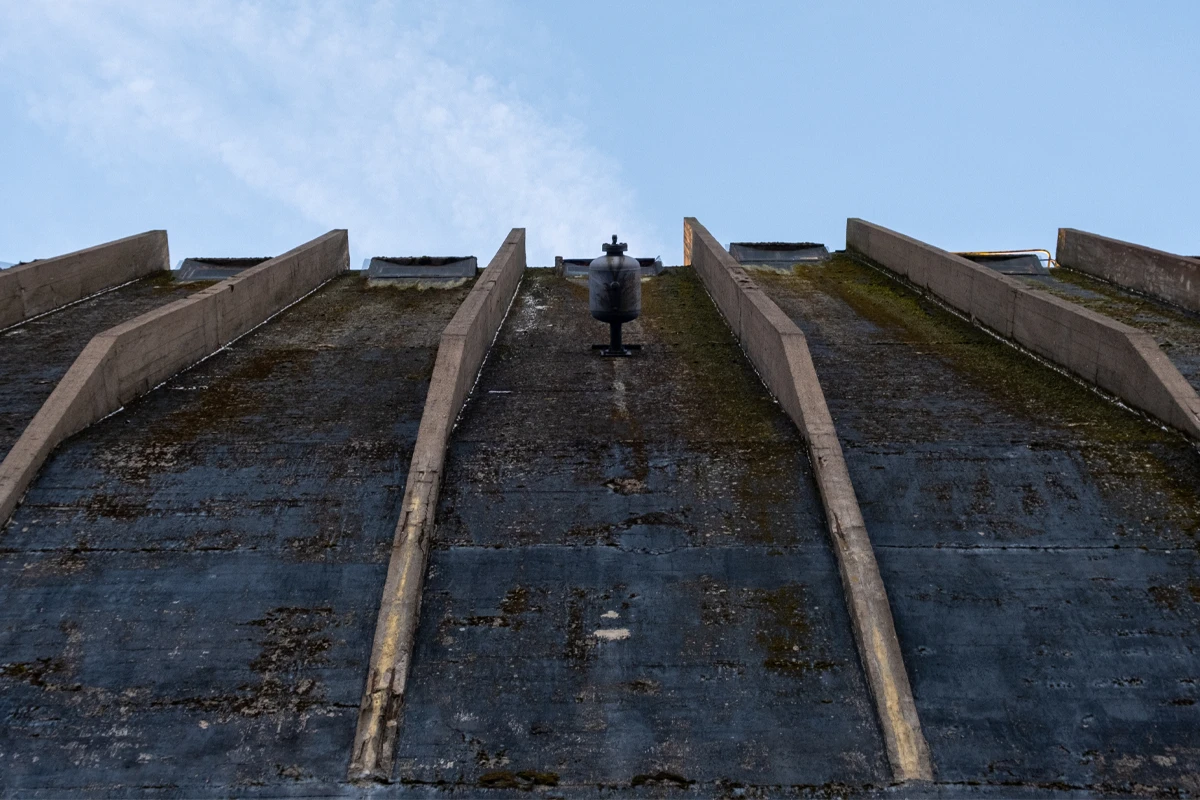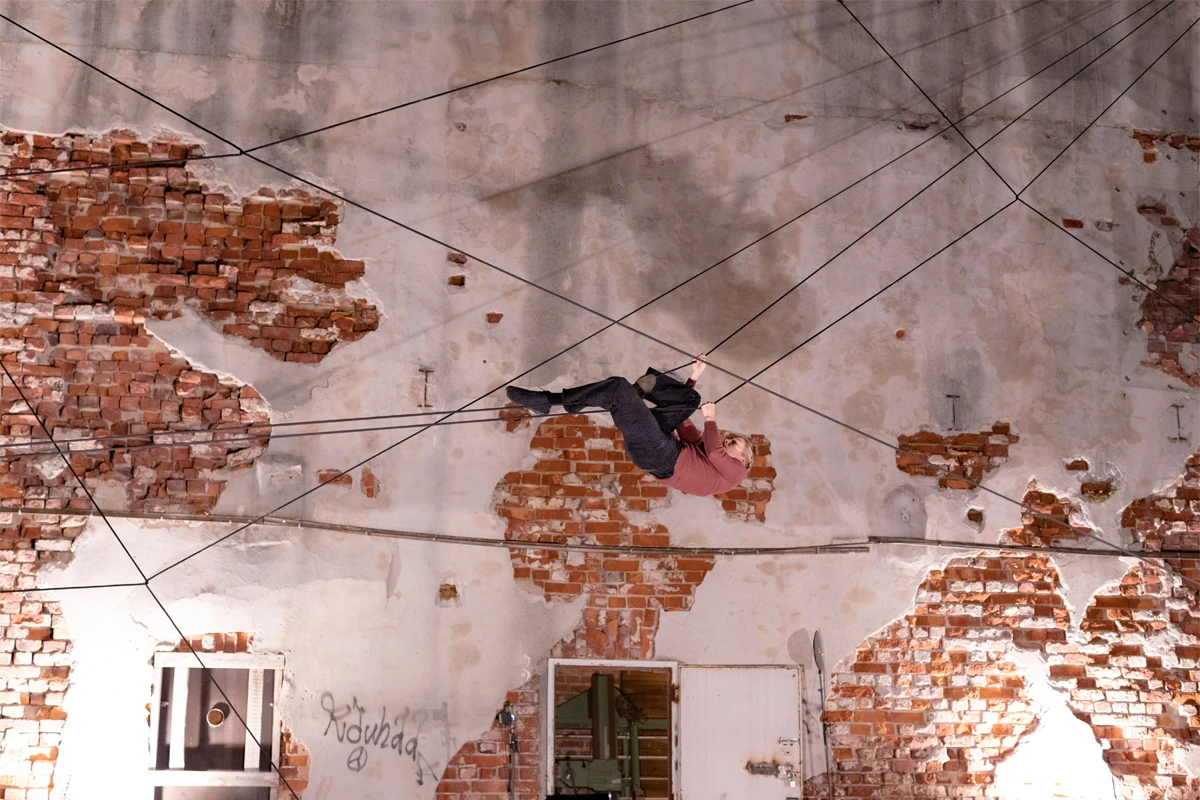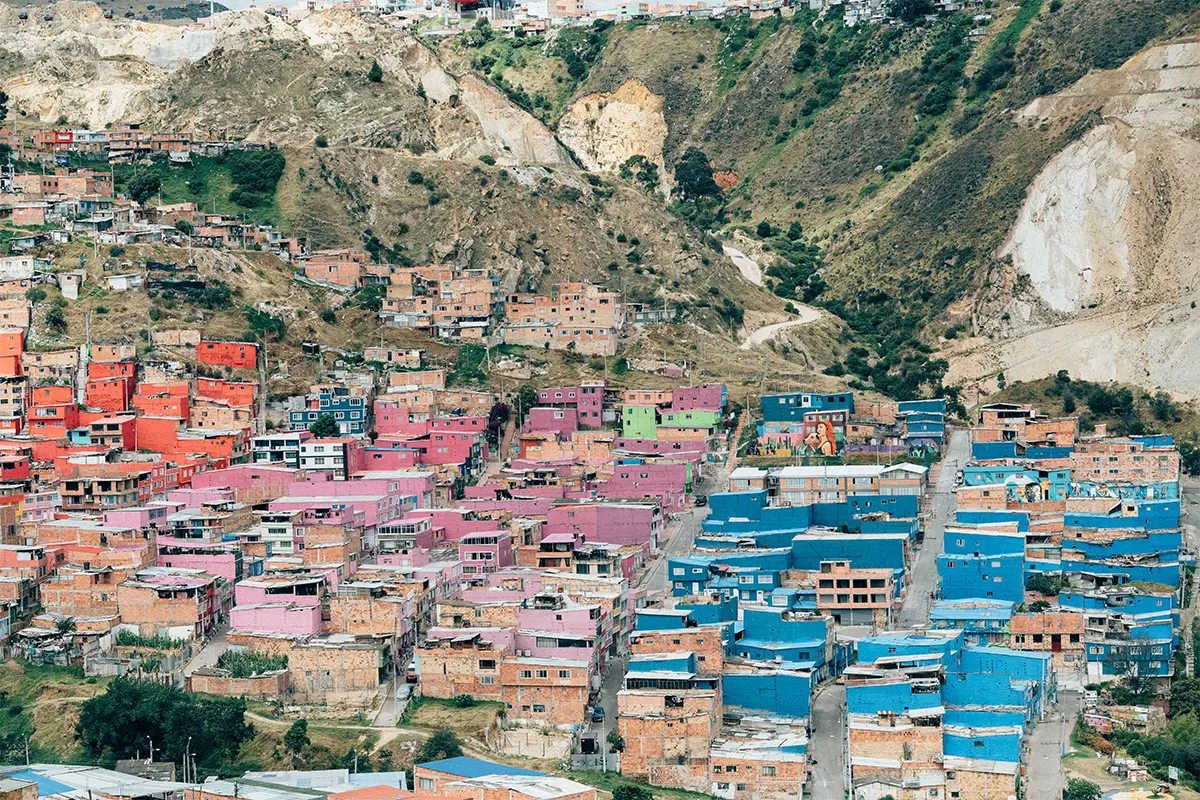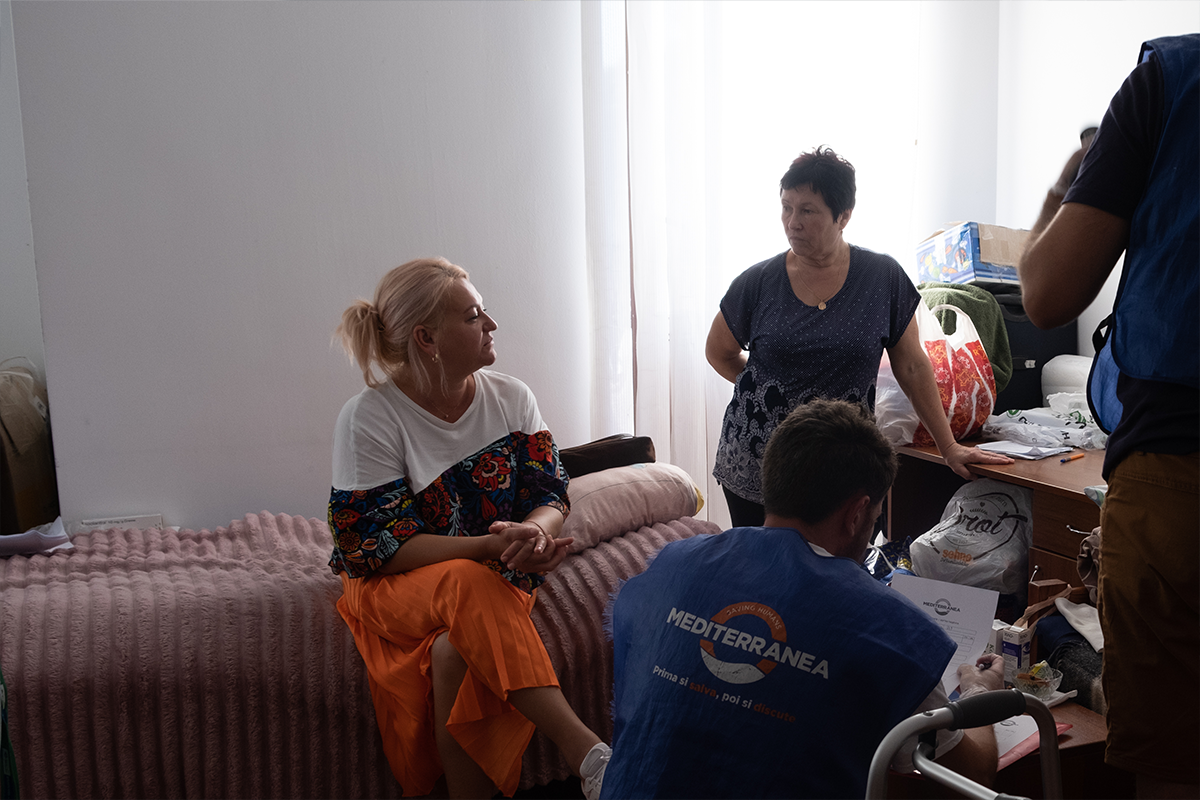Matilde Moro
Il vetro è riciclabile all’infinito (ma non il vetro artistico, colorato in rosso e blu): la sabbia è sempre più scarsa: l’Europa punta su nuovi modelli circolari, il mercato globale e il vetro in upcycling
A city of wood: though there has been recent interest in Biophilic Urbanism and the existence of wooden structures, no project of this size has been created out of this raw material
First-time and emerging participants reshape discourse, with Azerbaijan’s “Equilibrium” and Latvia’s border defenses challenging the Arsenale’s traditional Western narrative
Repurposing buildings with the ‘Geoarchaeology’ method: Factum foundations takes on a project in northern Finland – saving Alvar Aalto Silo with Skene Catling de la Peña architects
In corso la rigenerazione del Silo di Alvar Aalto, esempio di architettura brutalista – «Stiamo lavorando per salvare tutti i materiali, da questo rame nascerà una scultura»
«I value work attitude and ethics more than seniority» an interview with Giacomo Maschietto – Augustus Hotel & Resort owner and CEO – on how to face the challenges of the hôtellerie sector
In Bogotá, 1.2 million women dedicate most of their time to unpaid care work. Mayor Claudia López opened the Care Blocks project
Pain and Pleasure – The opioid crisis in the U.S. turned into an epidemic. It all started with OxyContin and its marketing campaign by Purdue Pharmaceutics
Ukrainian translators are often women who spent years abroad and learned other languages. They stepped up to help their country. A reportage from the war front
EU, double standard in the use of Artificial Intelligence: protecting EU citizens on the one hand, violating migrants’ human rights on the other. Facial recognition to lie-detectors to GPS trackers










